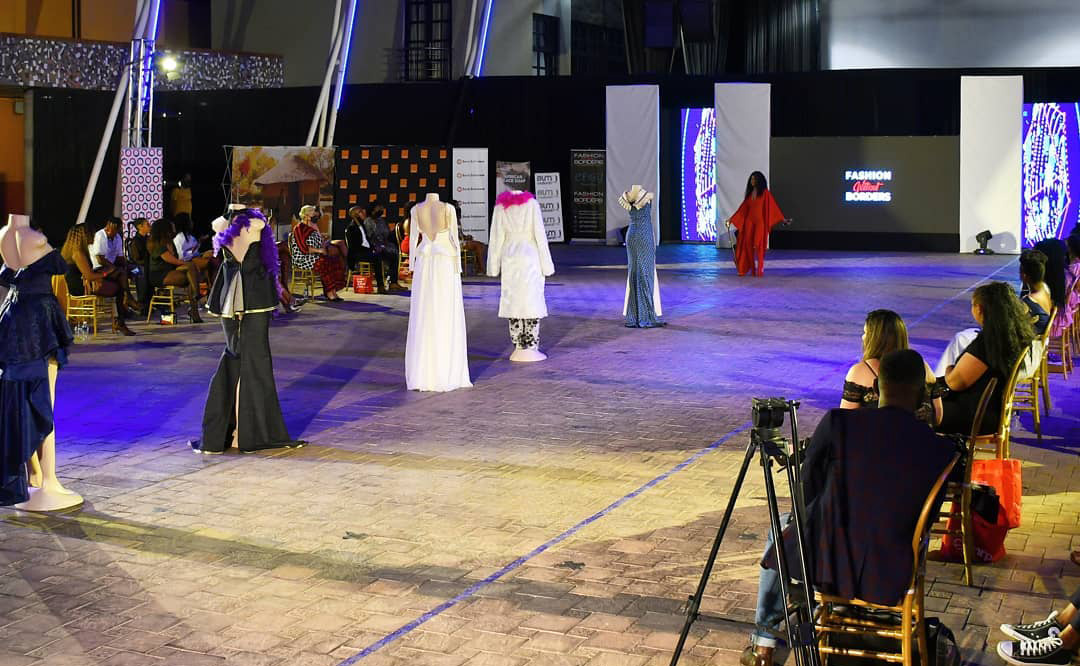In a notable fashion entreprenuer’s view, COVID-19 should de-colonise the minds of designers so that they become more original by tapping into their culture and commercialising indigenous products. Staff Writer GOSEGO MOTSUMI reports
As a build-up to the highly-anticipated Fashion Without Borders (FWB) that took place recently, co-founder of the fashion and lifestyle movement Tebo Bakwena and Fashion entrepreneur, Mothusi Lesolle unpacked the disruptions brought about by the novel Coronavirus to Botswana’s fashion industry.
Brought together by Bank Gaborone through a webinar, Bakwena said COVID-19 has brought the industry to a grinding halt because there are currently no jobs and the industry is forced to change with the times. “It is no longer business as usual,” she noted.
“We need to come up with collaborations and meaningful business opportunities that are going to help us foster a sustainable fashion industry post-COVID-19. Should another pandemic strike, we need to know how to navigate through it. We need to always find ways that will connect people to fashion.”
Designer and radio personality Mothusi Lesolle said when he started iZaura in 2015, he was focused on couture but is now re-purposing the business in accordance with the changing times. The designer is separating the brand iZaura as the commercial line and Mothusi Lesolle as a high fashion piece of art that he said everyone deserves to own.
As an advocate for transformational fashion that is in tune with the times, Lesolle wants designers to reflect contemporary Africa by commercializing the continent’s indigenous products. “We complain a lot about the fact that our talent or indigenous work is stolen and taken internationally and we speak about sustainable fashion where we are saying people should be saving the environment and using eco-friendly materials, but we are not offering solutions,” he said.
In Lesolle’s view, the COVID-19 pandemic should be seen as an opportunity for the local fashion industry to take a step in a direction of where it should have gone a long time ago. The industry should have gone e-commerce and commercialized products pre-COVID-19, for instance. “There was that situation where there was no supply for baby clothes and I saw a business opportunity,” he said.
“What I always preach to young designers is that we like to cluster in one area when the field is huge. I am still to find out who creates baggy clothes. We sit and cry that the market is small but we are not trying to explore other fields. In the end, fashion is identifying business gaps. COVID-19 should de-colonize our minds so we see that there are opportunities we can step into and move forward.”
Regarding Botswana’s fashion in the next 10 years, Lesolle predicted a future better than three or so years ago. He would like to see upcoming artists to realise the importance of originality. “I always see a young South African artist, Sho Madjozi, who made her culture fashionable because she brought to the market what was not there without imitating what is already in the market,” he observed. “The digital sphere will create a better future for fashion in Botswana.”




